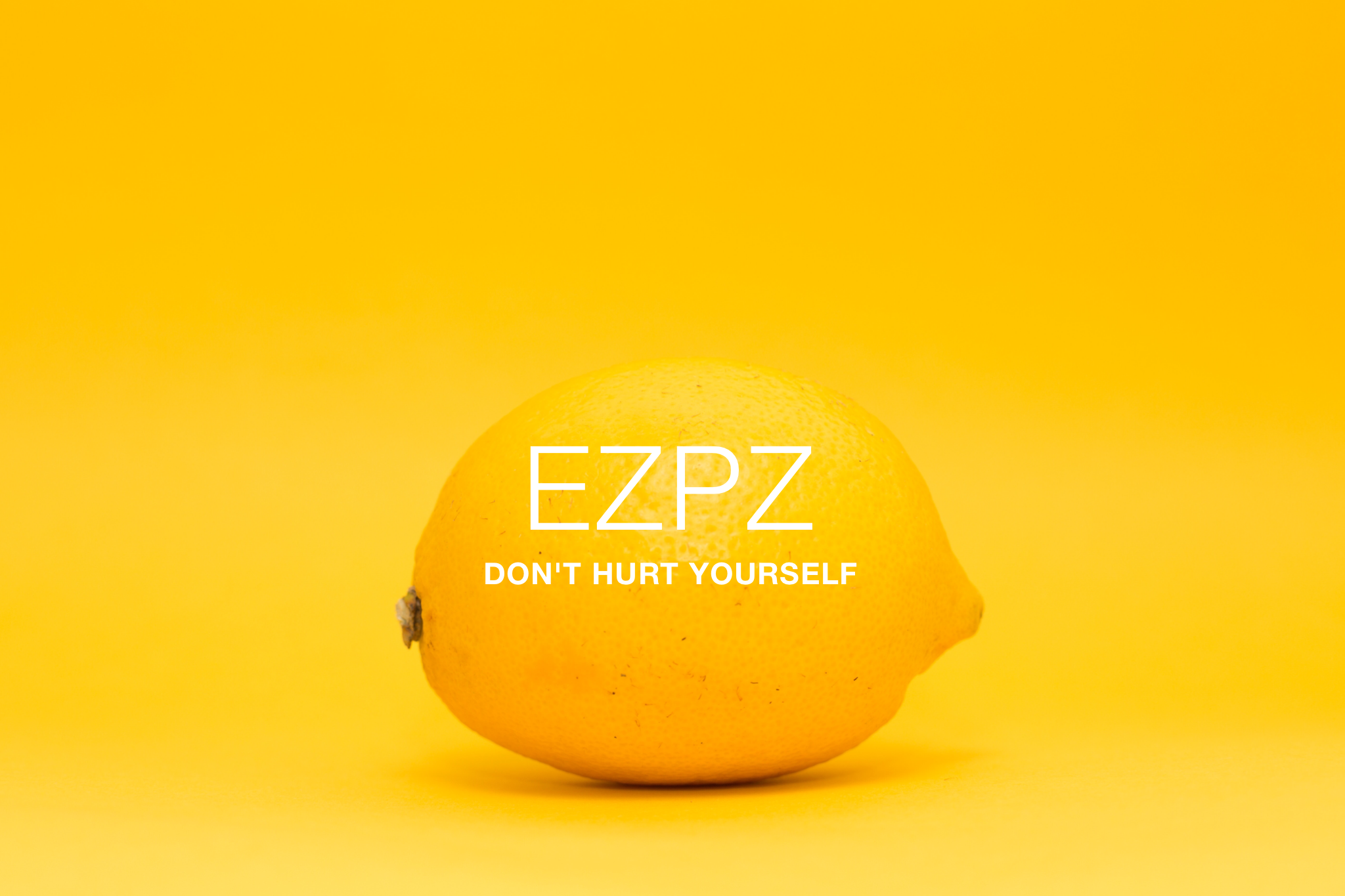When our emotions are stirred, a similar principle is in action. The more powerful the emotion, the more on our toes we are and the more easily we can overcome an entrenched behavior.
Emotion is the lever that makes change possible.
"So emotion helps create the change, but how come it doesn't stick? And where is the "Fix" you promised in the title?"
Fair enough. Now that we know how emotion enables change, but doesn't necessarily sustain it, let's consider a better approach.
THE SECRET OF SUSTAINED CHANGE
Imagine there are two people in your mind, engaged in an epic tug-of-war. One, let's call him Clyde, is the existing behavior. He's been around for years and is like an old pair of super comfy jeans. The other, let's call her Bonnie, is the new, desired behavior. Bonnie has a problem. Clyde is a big, strong dude and not easily moved. What the emotion of the "hallelujah moment" provides Bonnie is a lever to lift Clyde up onto his tippy toes, make him light and easily chuck him.
Unfortunately for Bonnie, her work is not done. Like Rocky or Rudy, Clyde will not stay down and always comes back for more. At some point, when the emotion has passed (as all emotions eventually do), Bonnie's lever is gone. Clyde, with both arms outstretched to the heavens, is triumphant.
Bonnie's "hallelujah moment" and the power that came with it gave her a great opportunity. She ultimately failed because she applied every ounce of that tremendous, but finite power to fighting Clyde, which was not an effective long-term strategy. Remember, the power of the forklift eventually fades when the strong emotion fades. And it always fades.
The secret of sustained change is to use the energy generated by your emotion to create a SYSTEM that supports a new HABIT.
In other words, figure out what preparations you must make for you to be more Bonnie than Clyde, even in the absence of emotion or willpower. Especially in the absence of emotion or willpower! There are various things you can do. Purposeful scheduling, accountability mechanisms, mental reminders - the precise method is not important. At the end of the day you want to have pre-established safety mechanisms that "catch" you and prompt the new behavior regardless of whether you feel like it or not.







